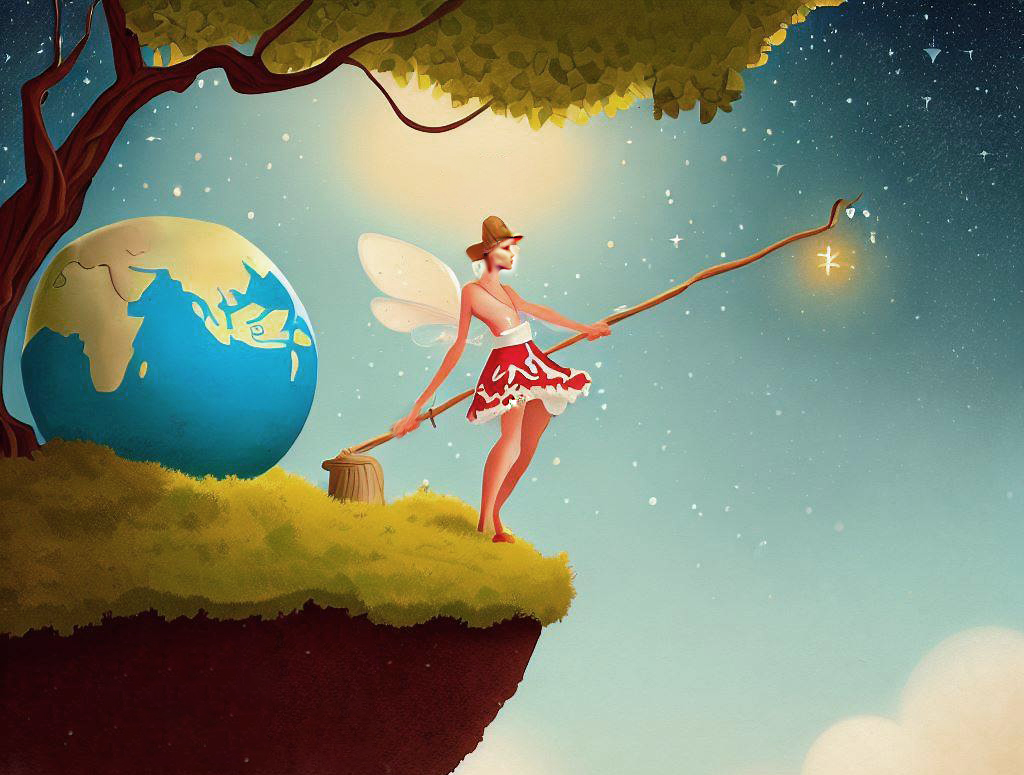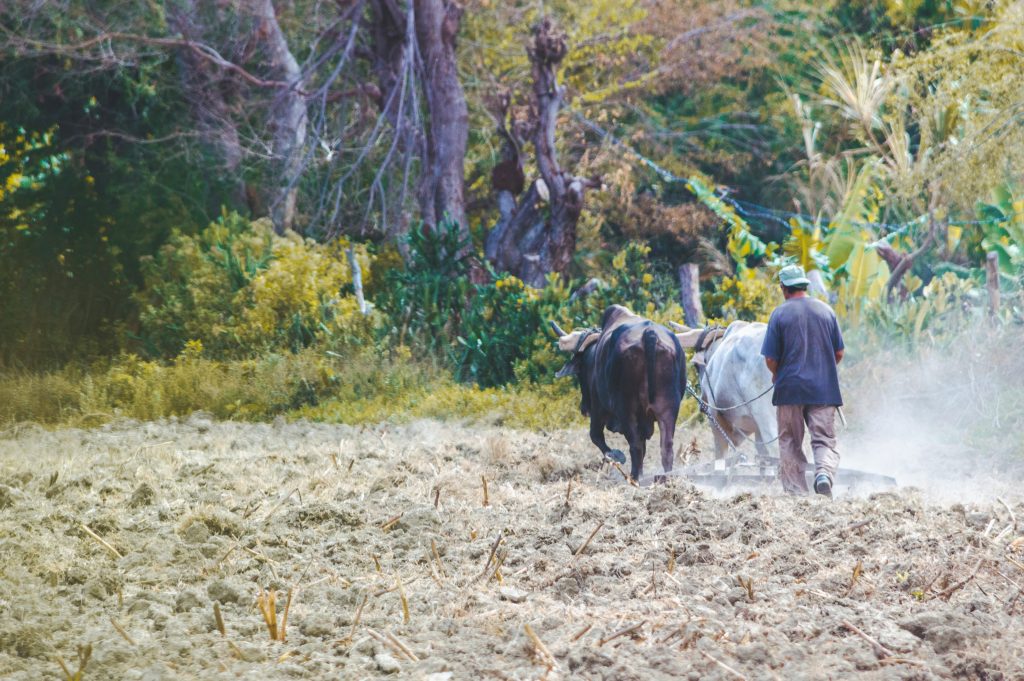Once upon a time, in a supermarket not so far away, a shopper picks up a bag of crisps. The shopper casually glances at the price tag and thinks, “Bargain!” But little does the shopper know, there’s an entire story behind that price. A story that involves battles against waste, valiant efforts for recycling, and a mischievous villain called Single-Use Packaging. Let’s usher in the brave protagonist of our story – The Earth Tax!
The Tale of the True Cost
Enter Earth Tax fairy. She saunters onto the stage with wings made of recycled materials and a sceptre of compostable bamboo. Her mission? To make sure everything is sold at its true cost. The Earth Tax fairy has a mantra: “If you make a mess, you clean it up – or you pay up!”
Imagine this: Producers, the almighty creators of goodies, must pay for recycling the single-use, non-home compostable packaging they create. Gasp! The Earth Tax fairy whispers to them, “Pass it on to the consumers, if you must.” The prices now reflect the true cost, including the cleaning fee. Suddenly, a bag of crisps is not just potatoes and seasoning; it’s an adventure in environmental responsibility.
The Waste Sorting Hat
Everything must be recyclable, and Earth Tax fairy dons a wise hat that sorts waste into two categories: Home Compostable or Infinitely Recyclable. You see, Earth Tax has a soft spot for home composting, and it’s only when a packaging material has lived its best life, after countless cycles of reincarnation, that it’s allowed to retire by being burned for energy generation.
The Landowners and the Quest for Compost
Now, let’s add a twist to this eco-fairytale. Earth Tax is not just after the producers; she’s eyeing the landowners too. With a mischievous grin, Earth Tax announces, “You’ll be charged for your compostable waste!” Landowners, in an effort to escape the Earth Tax’s grip, become unexpectedly clever. They begin re-wilding a third or more of their land and creating homemade compost. They become garden wizards, wielding the magic of compost to enrich their land or sell it to the grateful farmer folks.
Balancing the Scales
Now, Earth Tax decides to solve a riddle that has baffled consumers for ages – why does a kilo of meat cost less than a kilo of apples? With a flourish, Earth Tax is applied to food items as well. Meat and apples bow to the Earth Tax, acknowledging that they, too, must reflect their true cost in the grand market of life.
A Greener Happily Ever After
As the tale comes to a close, Earth Tax takes a bow. It has weaved its magic, nudged producers into accountability, turned landowners into eco-warriors, and gave shoppers a real sense of what they are buying. The world is a little greener, the prices a bit truer, and the Earth heaves a sigh of relief.
In the distance, the shopper, now enlightened, picks up a bag of crisps and nods knowingly. The true cost – Earth Tax included – is a price worth paying for the planet.
And they all recycled happily ever after.
The End.



